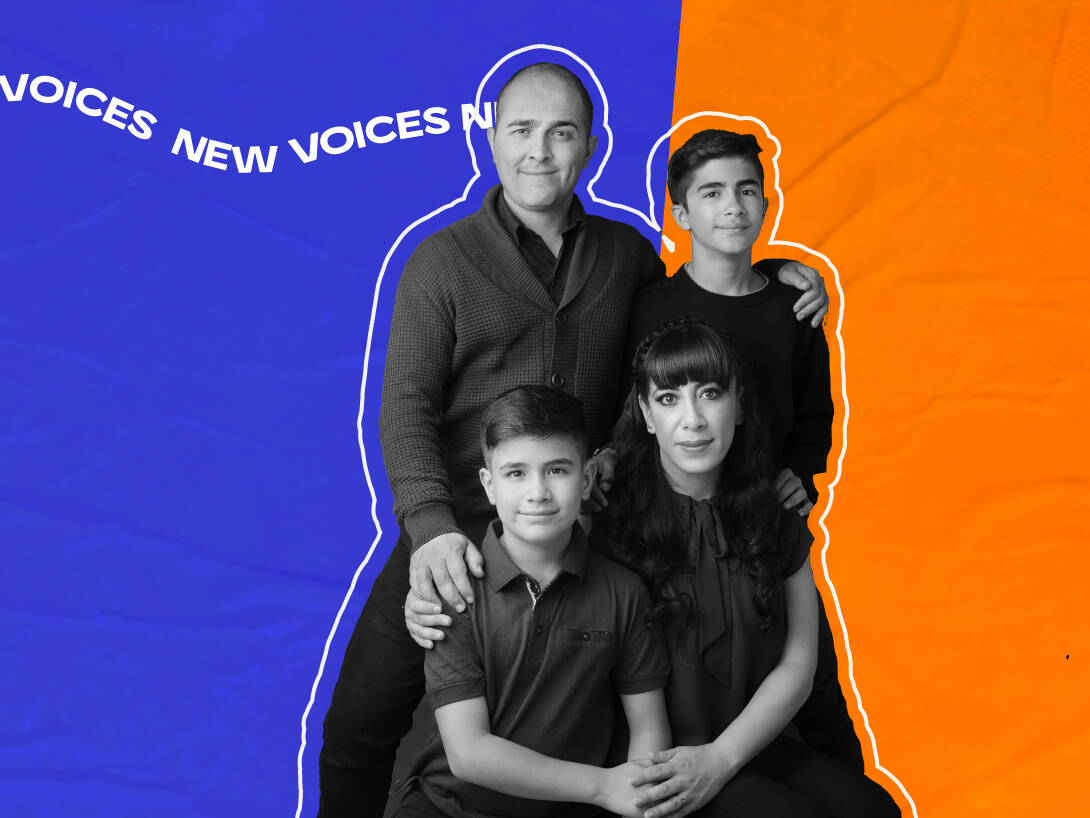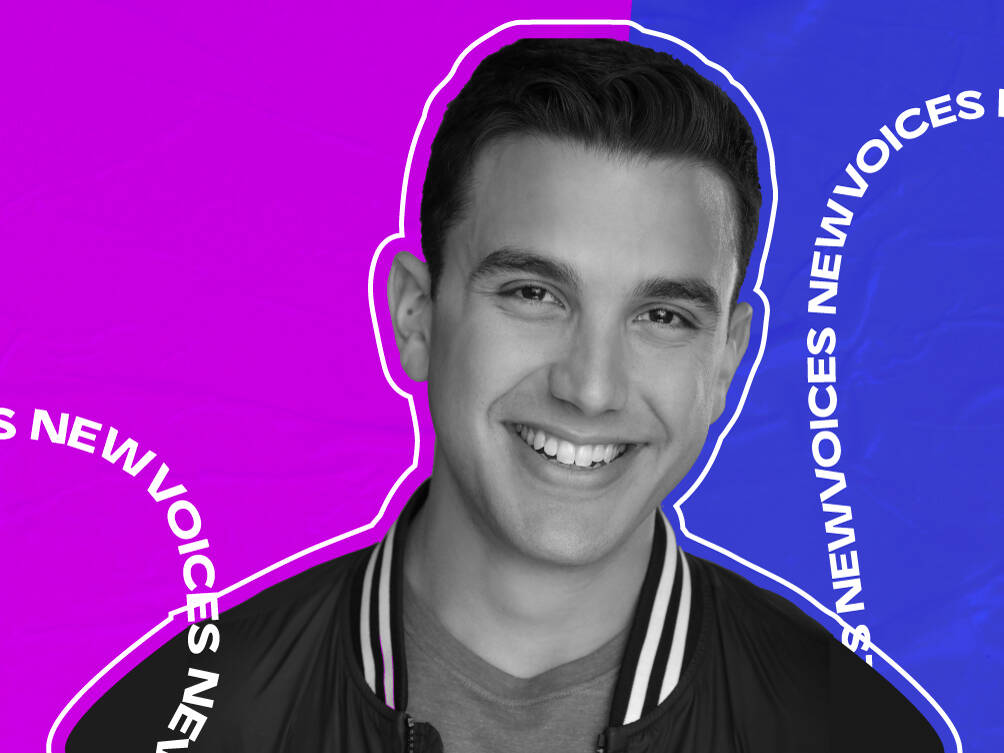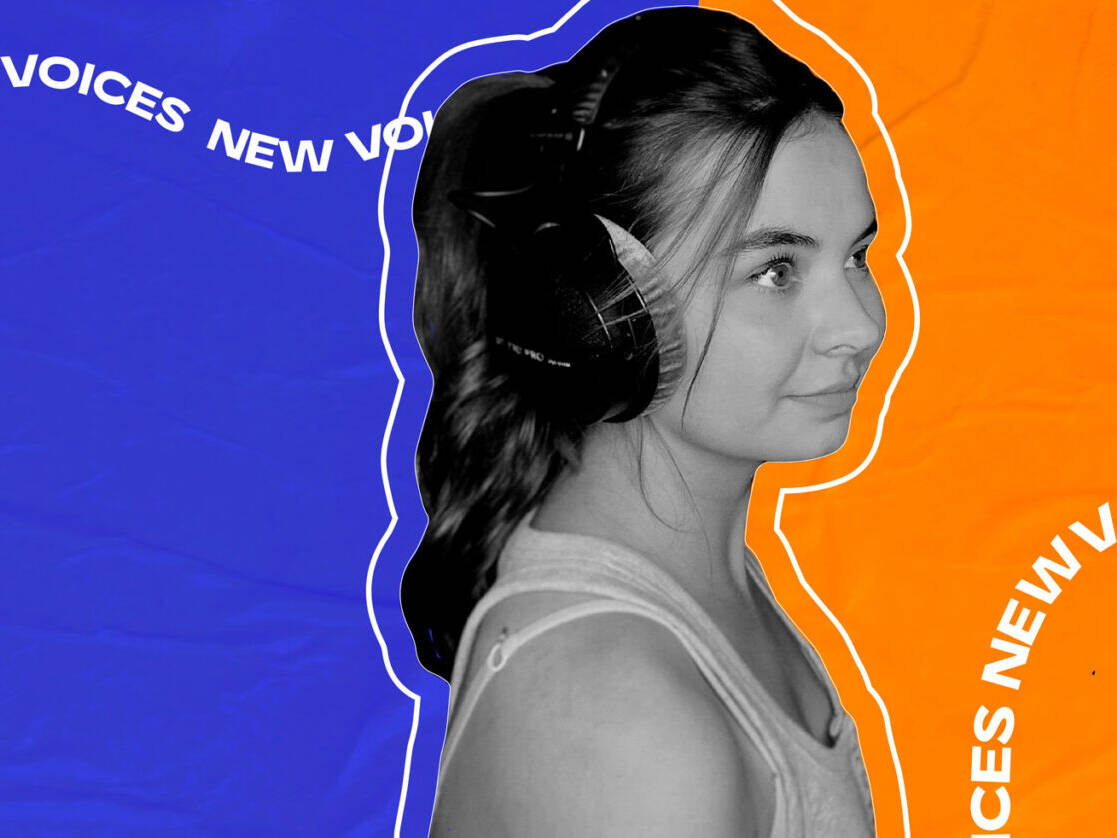
New faces, new people, new stories — this is New Voices.
Here you'll find in-depth interviews and insightful exploratories with new voice actors who nourish the industry. We explore pasts and celebrate presences as we continue creating opportunities for the industry’s future. For this edition of New Voices, Hassene Haddad from 🇹🇳 shares what it's like on becoming a voice actor.
Tell us, what got you interested in becoming a voice actor?
I’ve always wondered, “Who are the people that speak in ads and everywhere else?” And I’ve always thought, “this must be one of the greatest jobs ever.” I did a 360° career switch twice, from Medicine to Software Engineering. Even though I’m still doing the last one, I’m committed to becoming a voice actor full time. It’s just what I love.
For the first gig I landed, I applied for multiple jobs on freelancing websites. I ended up being invited to only 1 of the 30+ jobs I applied for. I auditioned and I got the job. It was an ad in English for a company that didn’t want an American Accent, rather, a neutral one.
My first ad voiceover project for QPOD:
What's a memorable lesson you learned in 2020?
That spending some time alone is super beneficial for mental health, and it helps you better discover yourself.
This year has shown me the importance of voice acting and how it is a job that is here to stay.
Yes, the COVID-19 spread has caused a slight decrease in the number of contracts I receive, but instead, I received many online course recordings to do for all ages and specialties, which is super cool.
I learned that spending time alone can be super beneficial for one’s mental health, and can help you better discover yourself. I also learned that you should keep on seeking opportunities even when the entire world seems to have shut down.
What makes you nervous about becoming a voice actor?
Not being able to meet the client’s needs, and as a matter of fact, this has happened to me. It was a client who heard my demo, hired me on the spot, gave me a script and I left right away to record. It was an urgent project, so everything happened really quickly. Turns out what I delivered, in the end, was far from what she was looking for. I figured later that she was looking for an Australian accent, one that I haven’t mastered well.
The advice here? Always have a clear line of communication. You need to get all the information possible from your prospective client before you accept any job.
The last thing you want is to work on something, and waste both your and the client’s time just because you didn’t know what was truly required in the first place.
“Ask questions, and get all the necessary details you need to do the job.”
Now keep in mind, not all clients will be easy to communicate with. Some might not even know what they want! But you have to get the minimum [info] (tone, accent, etc.) to start working. If it’s a short project, provide more than one sample of your work for the client to choose from, or ask them for some references that you can follow.
The advice here? Always have a clear line of communication. You need to get all the information possible from your prospective client before you accept any job. Click To TweetWho inspires you, and why?
A friend of mine, who forced me out of my comfort zone. What my friend did may not seem like much, but he encouraged me to speak about my ideas during a conference in front of an audience of over 100+ attendees.
After that, he made sure I joined multiple organizations and volunteered at events held by large organizations to work on my social skills. He gave me the first push, and from that, I took a leap of faith, leading to a series of events that changed my life — from changing my career path, to exploring new career ideas in parallel, to doing emcee work, to starting my voice over career.
Success for me was being able to finally do something I enjoyed after spending time conforming to what I thought my family wanted me to pursue in the field of medicine.
Volunteering, giving speeches, organizing events and going on radio shows to promote them, being an emcee at big gatherings like graduation ceremonies… all of these helped with my public speaking and made me aware of how my voice sounds. I finally understood the importance of controlling my voice in order to capture an audience, and how I had to adjust it based on the occasion — whether it was for advertising purposes or to lead a live meeting. All of these experiences have helped me in becoming a voice actor.
What do you want to learn going forward?
I want to keep improving by working continuously. Also I want to learn how to manage a voice over agency; [like] how to know which actors to hire to work for you in the long run.
Also, I’d like to improve in dubbing. I want to master the art of vocal versatility and voice multiple characters at the same time. Right now, I can do around 6 types of voices ([including sounding like] kids, young adults, adults and old men) which is not bad. But I want to master this even more.
Special thanks to Hassene for sharing his experience and advice on becoming a voice actor.
Check out Hassene's profile here! And listen to his most recent work:
Check out our new section with tips and advice as we bring you Ask the pros
Share this post!
A blog owner yourself? Relevant links to quality sites will help your performance on search engines. If your readers will benefit from the services or information on The Booth's Voice over Guide, please consider linking to this post or the guide itself.


